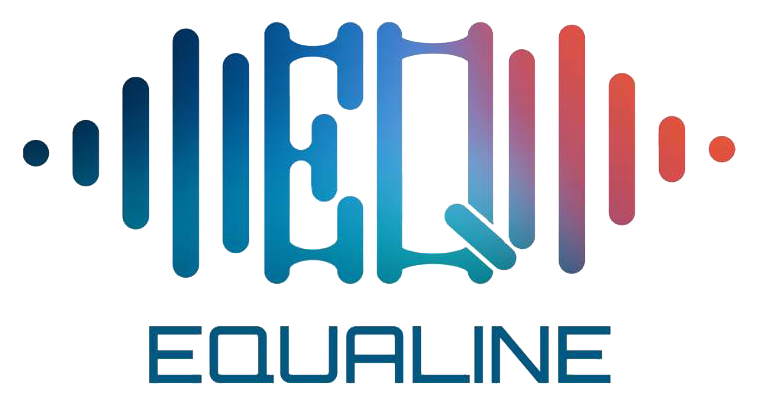The Personal Training EOOD (Bulgaria), the European Center for Social Science, Culture and Sport (Greece) and the Chamber of Commerce and Industry of Veszprém (Hungary), successfully applied for funding in the Erasmus+ Small-Scale Partnership category for the project VETech - Digital Skills for Tomorrow's SMEs.
.png)
Project details:
• Project name: VETech Digital Skills for Tomorrow's SMEs
• Project ID: 2024-2-HU01-KA210-VET-000295830
• Project type: KA210-VET - Small-scale partnership in the vocational training sector
• Implementation period: 1 January 2025 - 30 June 2026
• Budget: € 60,000
Project partners:



- Hungary: Chamber of Commerce and Industry of Veszprém (project leader)
(chamber of commerce and industry)
- Greece: European Center for Social Science, Culture and Sport
(education-focused association)
- Bulgaria: Personal Training EOOD
(education center)
Project objectives:
- The project aims to develop the digital skills of students and teachers in vocational education and training (VET sector) and to support the digital transformation of small and medium-sized enterprises (SMEs) in such a way that the digital skills development of VET actors is in line with the needs of market players.
- The project partners intend to achieve this by assessing the digital needs of their own country's market and the digital development of the VET sector in the first phase of the project in the form of secondary (studies, statistics, etc.) and primary (questionnaires) research. The research results will be summarized and based on them - in the next step - a common toolkit will be developed (e.g. the possibilities of applying artificial intelligence in education, marketing, etc.). The relevance of the toolkit will be tested in the second phase of the project in the framework of a three-day simulation training, in which vocational trainers, practical trainers and students participating in VET will be involved. By considering the experiences of the training the toolkit will take its final form.
- All project results (research materials, summary research study, toolkit, simulation training online materials etc.) will be available on the dedicated project website, with the aim of helping businesses understand and apply new technologies and supporting VET actors to adapt to the expectations of the labour market by developing their digital skills.
- This international cooperation will facilitate knowledge sharing among project partners and the transfer of best practices among the three countries involved.
Project activities:
- A1: Project management
- A2: International project meetings
- A3: VETech database
- A4: VETech toolkit
- A5: VETech website
- A6: VETech simulation training
- A7: Communication and dissemination
Project target groups:
- Students in vocational education who want to acquire competitive digital skills.
- VET trainers who are looking for modern and effective teaching methods.
- Small and medium-sized enterprises with limited resources for digital transformation.
Project events:
Background information on Erasmus+ Small-Scale Partnerships:
The aim of Erasmus+ Small-Scale Partnerships is to support initiatives where partners work together to achieve an educational, youth or social goal.
In this project type beneficiary institutions/organizations have the opportunity to:
- work together with international partners for common goals (e.g. environmental education, social inclusion, digital skills development, etc.),
- exchange experiences, learn good practices from other countries,
- try out new methods in their own field (e.g. education, vocational training, youth work),
- build their own organization's international network and professional knowledge.
These projects operate with a minimum of 2 organizations in cooperation, with a smaller budget (usually 30,000 or 60,000 euros), a shorter duration (6–24 months) and simplified administration.


Funded by the European Union. Views and opinions expressed are however those of the author(s) only and do not necessarily reflect those of the European Union or the European Education and Culture Executive Agency (EACEA). Neither the European Union nor EACEA can be held responsible for them.